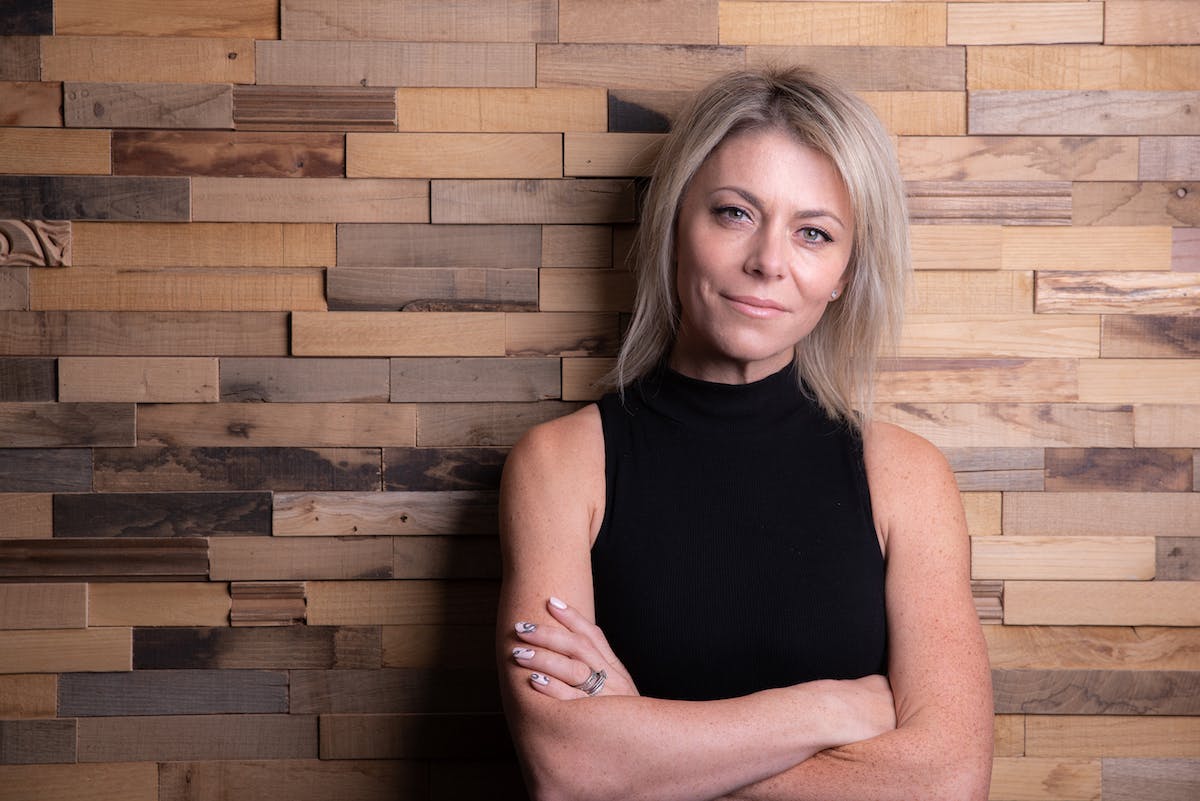Lindsay Willott was Chairman and Co-Founder of the Marketing Practice, a renowned B2B marketing agency, and then founded Customer Thermometer, where she is CEO.
We asked her what it takes to find success, and what her average day looks like.
Please describe your job: What do you do?
I’m the CEO of Customer Thermometer, a fast-growing customer feedback software company. My job is to lead the business; provide the direction and strategy, build the culture, as well as craft our market messages.

Whereabouts do you sit within the organisation? Who do you report to?
I’m the founder and CEO. I’m my own boss – we are bootstrapped and don’t have any investors to answer to.
What kind of skills do you need to be effective in your role?
I have to be highly self-motivated and driven. I need to create the next phase of the company’s growth from my planning and execution and try to stay a step ahead of the delivery side of the business.
I also believe that to be an effective leader you also need to be a good listener too – keeping a product growing requires you to listen hard to customer feedback and input from the team.
Tell us about a typical working day…
My days are really varied. Sometimes I’ll be giving a presentation to a conference on customer experience, other days leading meetings to plan our sales and marketing. It always involves a blend of looking at our marketing data, reading industry reports, chatting to the team about what they are hearing from our customers. I also write quite a lot, too – as my background is in marketing I like to keep my hand in.
What do you love about your job? What sucks?
I love being with the team and being able to be part of a very special culture and company, full of the brightest and best people. The worst part is that I work from home a lot and that it can be tough when I do it too much.
What kind of goals do you have? What are the most useful metrics and KPIs for measuring success?
We aim to grow the company by about 50% YoY in revenue terms. It’s a fun, solid growth target to keep everyone happy, busy and fulfilled. Our ultimate goal though is to be the best company to work for, and the best company to work with.
In terms of metrics, we measure MRR (monthly recurring revenue) growth, customer churn, and we keep a close eye on customer lifetime value.
What are your favourite tools to help you to get the job done?
Salesforce is the backbone of our business to measure our metrics and keep on top of our customers, their product plans and our interactions with them. In terms of customer satisfaction, we use our own product to get CSAT and NPS (Net Promoter Score) data on how well we are doing.
How did you end up founding the Marketing Practice, and where might you go from here?
I went to university with the belief that I would pursue a career as an editor. However, due to the rise in digital publishing the market was super hard to enter. I looked at some tangential industries and started a graduate scheme in the marketing division at a listed software firm. It was a safe option – or so I thought. At the tender age of 24 I was made redundant with zero warning as the firm I was working for became embroiled in a big accountancy scandal.
I was approached by a few ex-colleagues to see if I wanted to cofound a marketing agency. Whether I was naïve or brave I agreed and steadily we built the most successful B2B marketing agency in the UK. Whilst there I got my idea for Customer Thermometer as I could see that the customer experience market was in its infancy and there was a growing demand for timely insight. The plan is to grow the company and become renowned as the go-to survey!
Which advertising has impressed you lately?
I liked the new Samsung advert where a woman makes a worldwide hair craze using alpacas. It really made me laugh, so much so that I watched it back again on YouTube. I thought it was a very smart concept with brilliant execution that highlighted the product benefits perfectly.
What advice would you give a marketer starting out?
Read, read and read some more. Marketing is all about writing and the craft of message creation and in order to master it you need to read a lot and unpick the process until you understand it. Be really curious about your industry, your market and your customers. If you listen hard they will tell you some real gems about how to communicate with them and how to sell to them.
What is customer success?







